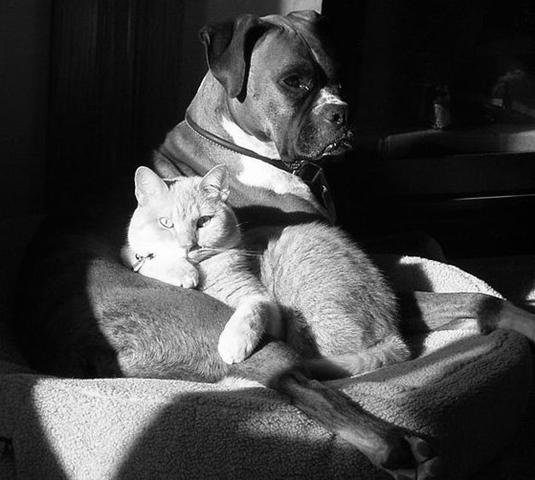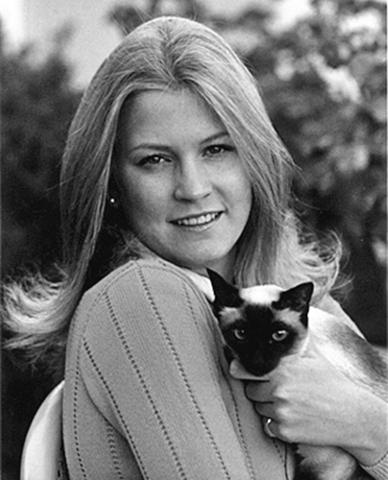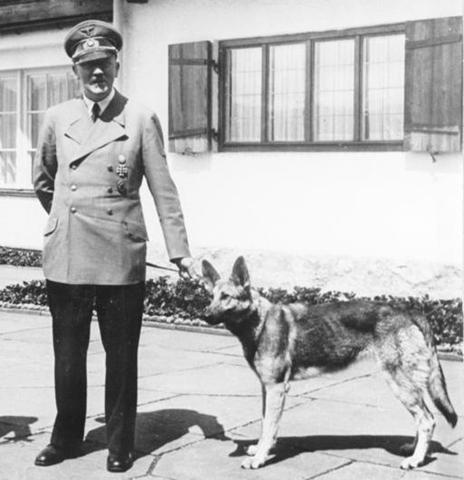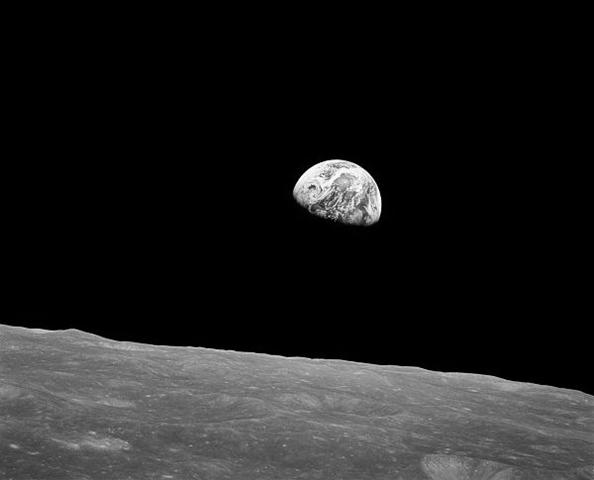When a human wants to disagree with other humans, it will form an opinion. Opinions are declarations on matters of taste. Some examples include,
dogs are better than cats,
Ringo Starr is the greatest drummer ever, and
the author of this book has sacrificed so much and asks for so little in return.
Opinions are not useful in scientific enquiry where facts rule supreme and taste is not considered (except during lunch). One would never hear a scientist say, “dogs are better than cats,” unless that scientist had carried out a peer-reviewed, double-blind study pitting dogs against cats in a series of tasks that measure relevant variables, such as loyalty, friendship, cleanliness and hugability.


As opinions have no claim to objective truth, one might think that humans would restrict their use to matters of taste. But one would be wrong, yet again. Humans also deploy their opinionated arsenal during the consideration of important matters, such as going to war, feeding the homeless and hating minorities. The reasons for this improper use of opinion are many and spurious.
The most important cause of opinion abuse is that humans do not have time to wait for peer-reviewed studies on the topics that matter to them. For example, during a dinner party with friends, a conversation about Hitler’s good points will inevitably arise: he made Germany prosperous, he inspired the VW Beetle, and he was a vegetarian.1 Very few humans are willing to wait for the appropriate scientific journal to publish definitive data showing that Hitler was a bad guy. Instead, they make a cursory assessment of the evidence and jump to the logical conclusion: Hitler was a Hitler.

Humans love having opinions for one more important reason. They use them to construct their own identity and to gain acceptance by groups that hold the same opinions.
Humans dream of being part of something bigger than themselves. Until technology makes the collective consciousness a reality or God simplifies His application process, humans make do by joining other humans with common opinions about how life should be lived and who should be hated the most.
The KKK is the archetypal human group defined by its negative opinion of others. Less formal but equally prejudiced groups abound throughout humanity. These include,
racists,
xenophobes,
football fans, and
the Friends of the Enemies of the French.
Indeed, many humans are so disconnected from their true nature that they only identify themselves by what they are in opposition to. Thus, a typical human will define itself as not the wrong colour, not from the wrong place, not a member of some crazy religion, and not what I think you think I am.
Upon viewing the Earth from space, many astronauts and alien hordes report a significant and permanent shift in their perception of life, the universe and everything. This literal new perspective evokes a new attitudinal perspective that emphasises the preciousness of the Earth and the value of billions of human lives/slaves. This phenomenon has been dubbed the overview effect.


Astronauts observing the Earth from space realise it is a tiny, fragile life-raft in the vast, chaotic ocean of the universe. They return with a cry for unity, both amongst humans, and between humans and their Earthly haven. Aliens viewing the Earth from space realise it is poorly defended at the poles.

Some historians say that Hitler was a “militant vegetarian,” but this goes without saying because Hitler was militant in everything he did.↩︎